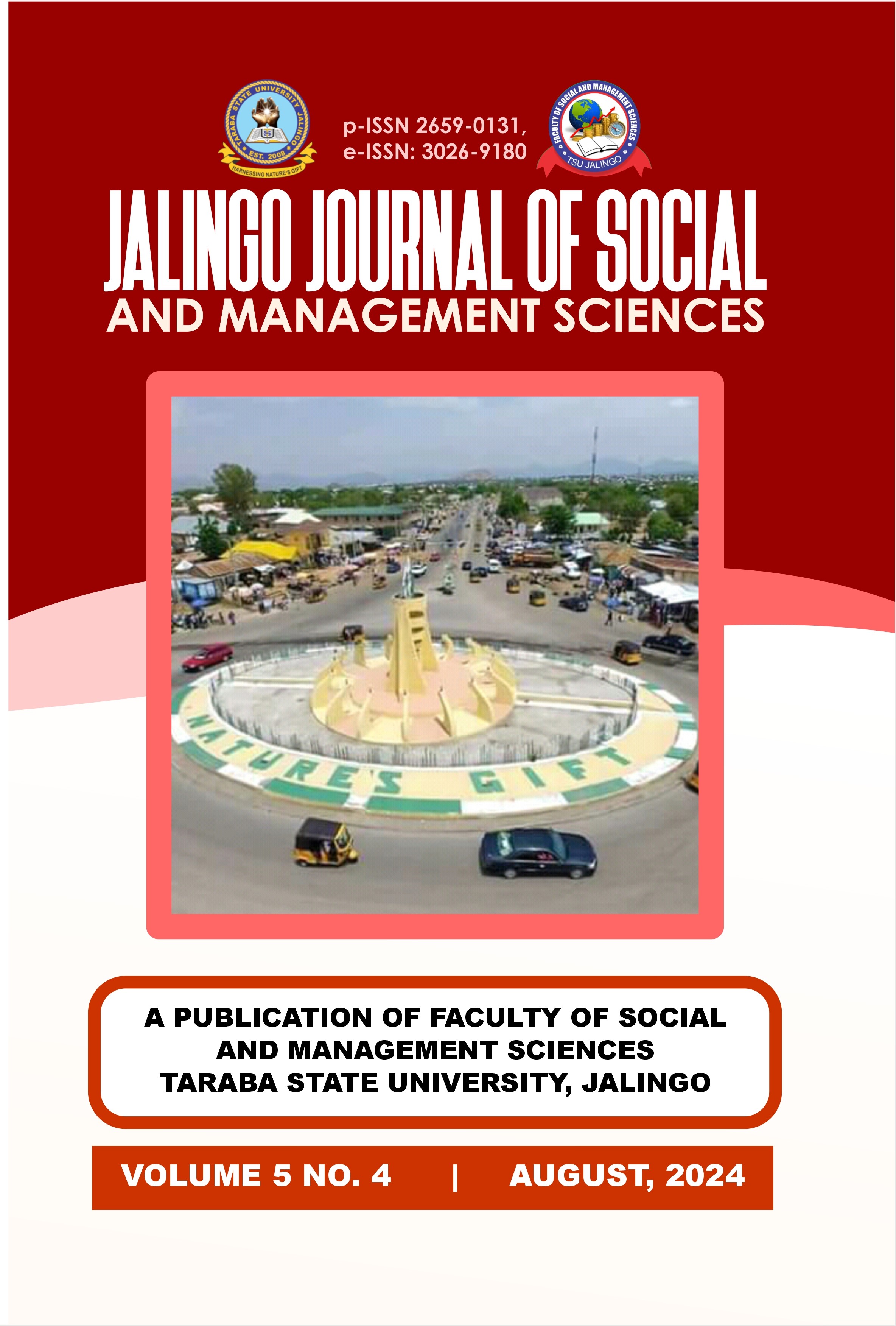Budget Deficit and Private Domestic Investments in Nigeria: An Empirical Analysis
Keywords:
Investments, budget, deficit, debt & governmentAbstract
The impact of budget deficit and private domestic investment in Nigeria between 1981 and 2022 were examined in this study. The Central Bank of Nigeria (CBN)’s statistical bulletin provided the secondary data used for the study. The data were analyzed using the
Autoregressive Distributed Lag (ARDL) model and the Augmented Dickey-Fuller (ADF) unit root test. Variables such as budget deficit and inflation rate were integrated at order zero, while others were integrated at order one, according to the unit root result. The long-term linkages between the variables were found using the ARDL Bounds test for co-integration. The shortrun outcome demonstrated that public debt and the budget deficit had a significant detrimental impact on domestic private investment. Inflation rate and private domestic investment also had a positive but insignificant relationship. However, during the study period, there was a positive and significant link between the exchange rate and private domestic investment in Nigeria. The report made several recommendations based on its results, including that the government provide a larger portion of its funds to the productive sectors that directly affect the economy.

Downloads
Published
Issue
Section
License
Copyright (c) 2024 JALINGO JOURNAL OF SOCIAL AND MANAGEMENT SCIENCES

This work is licensed under a Creative Commons Attribution-NonCommercial 4.0 International License.
